Challenges
The group activities aim at four main challenges concerning fundamental issues about what knowledge is and how it can be exchanged, as well as practical applications of knowledge-driven innovations within, e.g., unconventional, distributed, or intra-organizational settings.
Knowledge for Action
How do we develop conceptual frameworks and tools to connect data to individual and collective goals? Data are the by-product of processes. In this capacity, data is tailored for one specific application, user and context. This is the source of the main limitation for data reuse beyond the remit of the initial application. Making available data for society at large requires a knowledge design effort. This form of design aims to identify properties and relations between the process generating data and other third-party processes alike that could benefit from data reuse. The challenge at hand involves addressing specific scenarios of, e.g., policy-making or management of urban infrastructure, while developing knowledge design approaches focused on identifying commonalities between different processes and compatibilities between the articulations of goals and challenges.
See examples:
- Actionable Open Data: Connecting City Data to Local Actions
- Readapting Propp’s character archetypes to explore the relational dimension of city data
Knowledge for Mediation
How do we reconcile our different perspectives and experiences? Our goals and roles inform how we experience and understand our common reality. As such, while discussing thinking and acting on both the material and social reality, we deploy our own alternative assumptions, values and beliefs. Different lenses generate different perspectives and lead to the development of different languages. The labyrinth of viewpoints is both a richness and the source of misunderstanding jeopardising our ability to understand each other. The challenge of mediation involves a knowledge design aimed at integrating and reflecting complexity. The effort focuses on the level of the integration of the different languages of reality to be informed by the required conceptual modelling aimed to reconcile their specific underlying assumptions.
See examples:
- Back to public
- GK Bangor data synthesis,
- Reading experiences
- ICDS cycles
- HT re-mediation
Knowledge for Relationships
How do we support acting together? Innovation, change but also the achievement of every day goals goes beyond the capabilities of individuals, i.e. people or organizations. Technology has a critical role as enablers and activators of inter-subjective mechanisms filling time, space and information gaps and lowering the cost of convergency around a plan or distribution of activities. The facilitation of relationships is a knowledge design oriented to outline the correct form of orchestration, ranging from basic coordination about, e.g., the use of resource, to more articulated forms of cooperation and collaboration involving the negotiation of roles and/or common goals. The effort required the fostering and sustaining relationships involves the modelling and structuring of practices, to be channelled through knowledge technologies that act as bridge between individual trajectories. Seamlessness, sustainability and scalability are necessary properties that emerge from the in-depth understanding of the different practices and the design work focused on identify the key synergies and differences that must be respectively exploited and preserved.
See examples:
- Coordination, cooperation and collaborations enabled and activated by and/or through technology
- City data plan
- ECSCW **
- Manchester research through design
- *** case studies on digital / social reading ***
- GATEKEEPER pilot in Milton Keynes
- Social AI
Knowledge for Research Integration
How does disciplinary knowledge can be combined to outline broader visions about society? The integration of research results is a rare activity carried out usually by few scholars working on different forms of cross-disciplinarity research and, therefore, mastering multiple knowledge frameworks. However, a systematic integration of research knowledge is an apex knowledge design challenge addressing the levels of action, mediation, and relationships. The design of knowledge for action aimed to support the scaffolding of research activities, informed by previous works beyond the remit of the specific discipline. The design of knowledge aimed to mediate the different disciplinary lenses, bridging the languages under the umbrella of an integrative meta-language of phenomena. Lastly, the design of knowledge for supporting relationships necessary to carry over collaborative research, in their diverse configurations of multi, inter and trans disciplinarity.
See examples:
- Read-it
- SWJ understanding
- CHI workshop paper
- knowledge across disciplines through design ***



